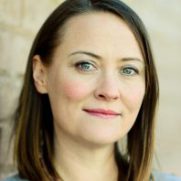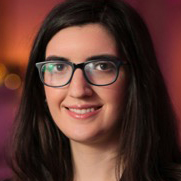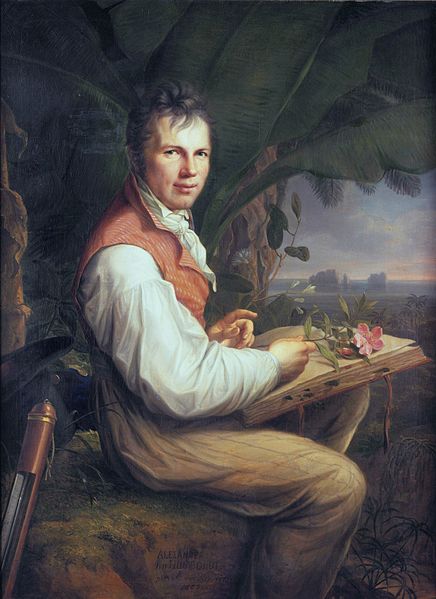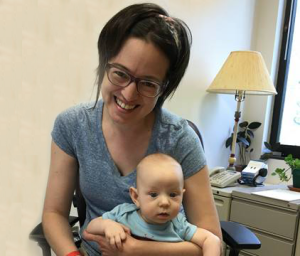The Florida Review would like to announce the winner of the 2019-2020 Jeanne Leiby Memorial Chapbook Award: Coyote Shook, for their graphic memoir Coyote the Beautiful. Shook’s chapbook will be released in Spring 2021.
The contest was judged by Lynne Nugent, whose chapbook Nest was last year’s winner and is available for sale.
Nugent had this to say about our winner:
“This visually inventive and emotionally compelling graphic memoir recounts the experiences of a queer writer navigating a fatphobic society and the slights both outright and subtle that have accumulated throughout their life, including gastric bypass surgery and its complications. Interwoven with references to Talullah Bankhead, Emily Dickinson, My Fair Lady, and other cultural touchstones, this memoir indicts a society that demands conformity to beauty standards at any cost. Coyote the narrator is cultured, funny, defiant—someone who is a delight to spend time with.”
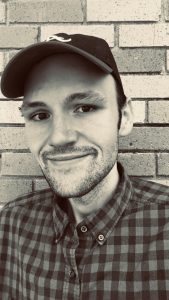
Coyote Shook is a cartoonist and Appalachian expat living in Austin, Texas. They are a PhD student in American Studies at the University of Texas, Austin, where they study comics-as-research, sonic ecologies, and environmental humanities through a critical disability lens. They’re currently working on two graphic novels: the first, Little Debbie Wept: an Appalachian Gastro-Memoir, is an experimental comic that traces their relationship with food, disability, and transgender identity through recipes in their family’s cookbook, and the second, Yellow Birds: a New England History, is a comics-and-sound study of animals, crip-ecologies, and the ghost of Mary Baker Eddy in Shirley Jackson’s, Anne Sexton’s, and Willa Cather’s archival papers and writings.
They hold an MS in English Education from Fordham University and an MA in Gender Studies from the University of Wisconsin, Madison where they completed their first graphic essay: “Crippling Snow: Amputation, Prosthesis, and the Schoolhouse Blizzard of 1888.” They are a Fulbright Scholar (Poland, 2014) and an alumnx of Teach For America. Their comics, essays, and creative writing have appeared in The Wisconsin Review, The North Carolina Folklore Journal, and The Baum Bugle: a Journal of Oz. Most recently, their comic “Flu in the Arctic” was featured by the Society for Historians of the Gilded Age and Progressive Era and is included in the National Humanities Center Digital Library.
Coyote writes about Coyote the Beautiful:
“I cannot adequately describe how humbled and astounded I am with this incredible honor, and would like to dedicate Coyote the Beautiful to Anya Krugovoy Silver, my wonderfully wise and deeply missed friend and mentor who first introduced me to Russian fairy tales and taught me how bitterness and sweetness can co-exist within the magnificent untidiness of a human life.”
The Florida Review congratulates Coyote and thanks all the amazing writers who submitted their work for the past year. We are looking forward to reading all the work that writers are submitting for this year’s chapbook award in the genres of fiction, poetry, nonfiction, and graphic narrative. We hope you make it just as hard for us to choose this year as you did last year. The 2020-2021 contest is now open.
